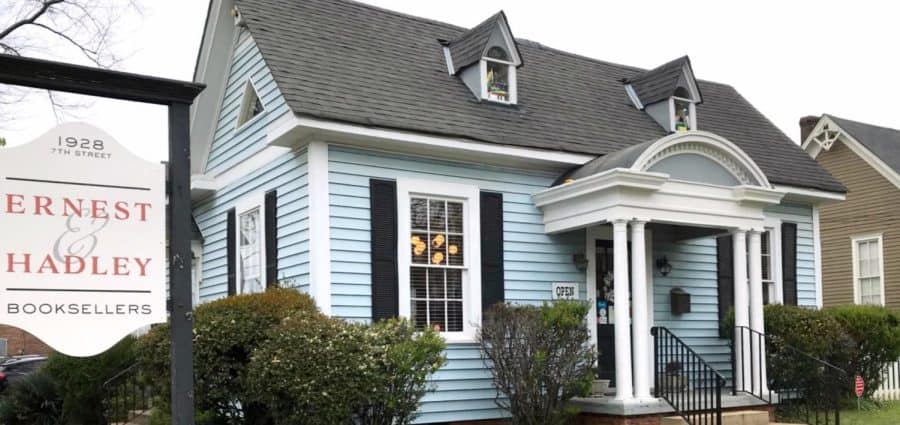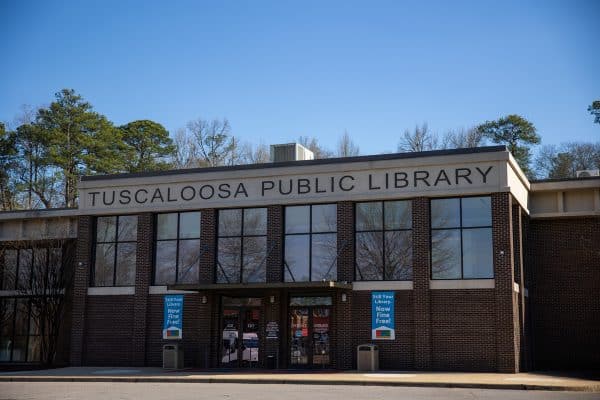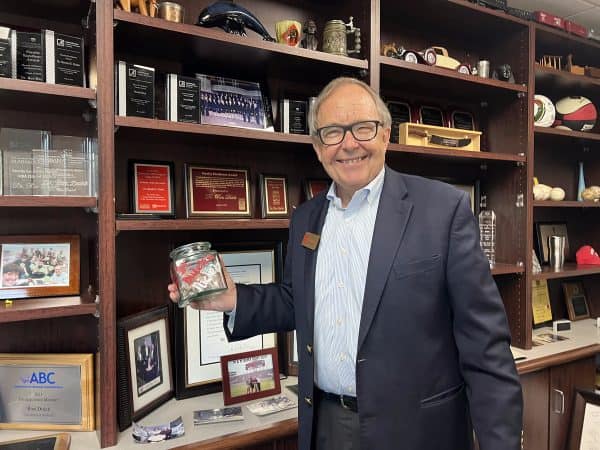Opinion | The importance of consuming localized media
January 29, 2023
You’ve heard about the importance of being informed citizens to our region as well as being consumers in a more widespread aspect of the community, maybe statewide or nationwide. Media conglomerates perforate nearly every news source or magazine created, and those that go without the unrelenting support of investors and higher-ups either don’t reach their target audiences or don’t last at all.
Maybe you flip to the local news channels in the morning to get a sense of the happenings in your immediate area. Or you could tune into a program with more name recognition in hosts and guests.
You could seek out a local bookstore that carries local authors and supports them more directly, without the guise of a large, far-off publication firm that sends a check once a month. Or you could pick up a new bestseller, or maybe every now and then, a supermarket magazine with an outlandish title meant to suck in business.
Strong local journalism can strengthen social cohesion in a community by announcing community-wide events and encouraging participation in local politics and elections to best represent a region and its priorities.
Similarly, the importance of narrative works in local magazines. Tuscaloosa is the birthplace and headquarters of a few homegrown magazines featuring people and places in greater Alabama. These magazines can relate to niche audiences, specifically those familiar with their general area to enable them to learn more about their surroundings.
Alabama Heritage began in 1986 and has run quarterly issues since. Their most recent article includes stories about features of Alabama that could also interest a wider audience if someone were outside of the loop of active Alabama topics, locations or notable figures. Themes covered in Alabama Heritage range from current exhibits to visit to highlighting programs aimed towards bettering our state.
Most often these smaller regional events don’t reach a wider audience. Smaller, focused publications can reach farther, whether that be through online posts, social media or physical copies of the magazine. This can also serve to help local businesses by advertising in these kinds of publications meant to target people who are local.
Newspapers serving cities and their outreach communities have the time and ability to produce up-to-date content around the clock. From developing stories to columns and features, there’s always new content to be posted. The Tuscaloosa News circulates to around 26,000 homes daily and 29,000 for Sunday print editions, in addition to their website that’s updated consistently.
Given the sports culture in Tuscaloosa thanks to the University, Tuscaloosa News has the ability and range to cover all sporting events that occur at The University of Alabama as they occur. Tuscaloosa is consistently growing upward and outward and evolving to support the population as well as students, and Tuscaloosa News covers these topics for the citizens of Tuscaloosa, natives or otherwise.
Local authors wishing to put their books in stores more often personally reach out to local retailers and deliver the books themselves — a more personal touch than an unmarked publisher box being delivered through FedEx. Tuscaloosa is home to a myriad of locally owned boutiques and bookstores specializing in selling books that may not be carried in chain bookstores.
These places make the process of finding locally sourced books and magazines easier to acquire. Ernest & Hadley Booksellers, coined the indie bookstore of Tuscaloosa, carries a range of authors based in or around Tuscaloosa. This space can also hold readings and signings to initiate a more personable relationship with the creator.
As nice as features like Sirius XM and unlimited streaming of podcasts or music on a slew of platforms, local radio stations can offer you more than you would expect. Sometimes you don’t have the ability to open a newspaper or even read an article off your phone, like when you’re behind the wheel of a car. Tuscaloosa Radio is home to four of its own stations, complete with a full-day schedule of hosts and shows for those commuting during a possible chicken truck spill on Lurleen B. Wallace or wrecks on important roads.
These forms of local media act as connections between ourselves and the community we reside within in ways that are not often visible to the naked eye. Hopefully, we will never experience everyday life without the consistent and unrelenting work of the Tuscaloosa local informants.











